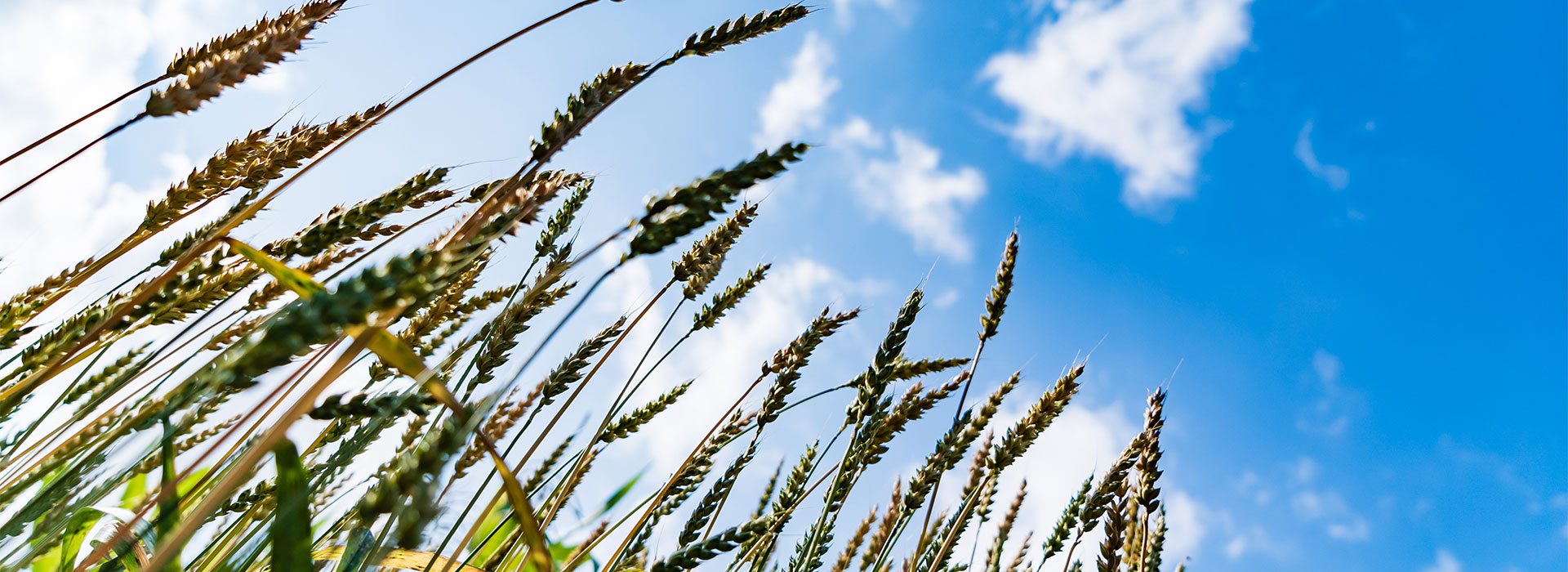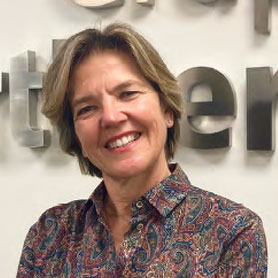Andrea Sánchez: Sustainability is Not a Stand-Alone Initiative
A bird's eye view of sustainability's impact on operations and safety has been a driving force for Andrea Sánchez. Now, as Head of Sustainability and Director Quality, Health, Safety & Environment (QHSE) at one of the main crop nutrition and environmental solutions companies in Europe, Groupo Fertiberia, she talks to dss+ about why top management's commitment, collaboration and courage are fundamental.


Andrea Sánchez Krellenberg
Head of Sustainability and Director Quality, Health, Safety and Environment (QHSE), Groupo Fertiberia, Spain
Q.
Has safety and sustainability always played a role in your career, and what has been the impact?
My connection with safety and sustainability started when I became the plant director of a Spanish manufacturing plant that produced paint for the automotive industry. It was at a time when paint contained a large number of solvents which made the production process hazardous. So one of my main responsibilities was to make sure that people arriving at the plant each day, including contractors, were safe. There was also the safety and environmental impact on the local community to consider as the plant was located close to a small village. So being a plant director gave me a bird’s eye view of how operations can influence safety and the environment and that attention to sustainability issues was integral to my role. Now in a sustainability leadership role that understands these connections, I am able to make a positive impact despite the increased sustainability challenges we all face.
Q.
What would you say is the most powerful tool to create a more sustainable business environment?
Having the right culture in an organisation is key to creating sustainable value. There isn’t a more powerful tool than being led by committed top management that inspires and influences the rest of the organisation to follow. I think it’s also about being visibly committed to sustainable actions. If you have a leadership team convinced of the benefits of sustainability, then it becomes evident by the decisions they take and how they communicate internally and externally. Moving away from a tick-box culture to showing such clear intentions is a more reliable pathway to change a company’s culture long term. I am fortunate to have top management commitment, which makes my role very rewarding and supportive. But for many organisations, the path is not so clear and having the courage to take that first step to commit to a more sustainable future is crucial. It’s then a question of assessing what support you need to move forward and influence behaviours. It’s also essential that sustainability is not just seen as implementing good initiatives; data to benchmark your performance against business goals and your impact on the environment and local community is vital.
"Having the right culture in an organisation is key to creating sustainable value."
– Andrea Sánchez Krellenberg, Head of Sustainability and Director Quality, Health, Safety and Environment (QHSE), Groupo Fertiberia
Q.
The regulatory environment on sustainability issues is getting more intense. How are technology and innovation helping with these challenges?
Regulations such as the European Green Deal and the recently developed "Fit for 55" Program place strong objectives and challenging timescales on businesses, particularly for the Fertiliser producers in Europe. If we are to achieve these aims, the use of technology and innovation will be crucial. Even more so for Grupo Fertiberia, which has strong ambitions to become a sustainability leader in the European crop nutrition sector by transitioning to green fertilisers, green energy and green products. To make this transformation a reality will require a heavy focus on research, innovation and new technology. We have already started on this project and, for several years, have been investing in new technologies and signing alliances with other key players and partners. This type of collaboration is important as you cannot impact change alone. To achieve ambitious sustainability goals, you need to tap into the right expertise at the right points in the journey. Nor should we forget about the impact of technology in achieving safety and operational excellence. Digitalisation is key to improving operational efficiency and making high-risk industrial environments safer. Improved data analysis will help organisations make more informed operational decisions. Plus, augmented reality enhances training to develop safety awareness and reduce human intervention and additional risk.
Q.
Can you elaborate on how these projects are progressing and their impact on the sector?
A couple of years ago, we announced a partnership with Iberdrola to produce green ammonia using renewable resources and energy and we will get the first drops of green ammonia in our plant in Puertollano in May this year. As with any new project, the journey has evolved, and we have overcome many technical challenges. But being the first producers of green ammonia in Europe and the experience we have gained is not only satisfying for us as a company but will help guide the industry turn more sustainability projects into reality. More recently, we have announced some big projects in Sweden again renewable resources to produce green ammonia for our fertilisers. Plus, we have additional alliances in Spain to process and manufacture green ammonia in low-carbon facilities. We are also working through our research and development department to develop more environmentally friendly crop nutrition solutions, more adaptable to different types of crops and also offer farming services. We can then support and train farmers to apply crop nutrition solutions according to what we call the 4 Rs principles - the right location, right level, right time and right formulation. So our commitment to become a sustainability leader in the European crop nutrition sector doesn’t stop at the manufacturing and processing stage but continues through to the farming process and eventually the consumer.
"We are working to develop more environmentally friendly crop nutrition solutions, more adaptable to different types of crops and also offering farming services."
– Andrea Sánchez Krellenberg, Head of Sustainability and Director Quality, Health, Safety and Environment (QHSE), Groupo Fertiberia
Q.
What are the current challenges of reaching a low-carbon environment?
I think we all desire to improve, and implementing those improvements is a challenge in itself. Now, we need to develop relevant legislation by working with legislators, industry associations and partners so that broader knowledge inputs are transmitted before decisions on legislation are made. There is also the need for further support on planned changes to existing legislation, such as the European carbon trading system and how that impacts sustainability strategies at a business level. Regulators and governments must also be aware that investments are needed to make those transformations a reality. Without this acknowledgement and support, we risk sustainability plans falling behind or, at worst, failing. We need to ensure better alignment overall and that a broader set of goals and objectives are taken into account to make the transition to a sustainable business model a more realistic possibility for everyone and not just a few.
Q.
What are the three priorities organisations need to focus on to get their sustainability journey going?
The first step is to have the courage to start the process. But be clear that sustainability is not a stand-alone initiative; it has to be fully integrated into the decision-making process and business strategy. Also, be clear that sustainability is relevant across the ecosystem - operations, the supply chain, safety, human resources, the local community and consumers. Second, ensure you have the right capabilities to assess the risks and capture the opportunities. Having a team that spans the full breadth of knowledge to implement the transformation and spot shifts in regulations, innovation, and new market trends is vital. Finally, leadership communication that defines the case and ambition for transformation in a way that inspires internal and external stakeholders to engage in the process is perhaps the most crucial element of reaching sustainability goals.
"Sustainability is not a stand-alone initiative; it has to be fully integrated into the decision-making process and business strategy."
– Andrea Sánchez Krellenberg, Head of Sustainability and Director Quality, Health, Safety and Environment (QHSE), Groupo Fertiberia